Dhaka, Aug 27 (V7N) – Today marks the death anniversary of National Poet Kazi Nazrul Islam, the rebel poet whose writings and songs remain a timeless symbol of protest against exploitation and oppression, as well as a beacon of non-communal spirit in Bengali literature.
Nazrul was not only a poet but also a musician, playwright, journalist, and philosopher. His fiery words and revolutionary songs inspired generations to rise against injustice and deprivation. Even decades after his passing, Nazrul continues to be remembered as one of the most powerful voices of resistance in the history of Bengal.
The poet passed away on this day in 1976, after a long illness, and was laid to rest with state honors beside the Dhaka University Central Mosque.
“Freedom fighters were so inspired by Nazrul’s songs during the Liberation War that they would salute the radio whenever his songs were broadcast,” said Latiful Islam Shibli, Executive Director of the Poet Nazrul Institute. “Later, during the mass uprising of 2024, Nazrul returned in a new form of inspiration.”
He further noted that although it took 54 years for the government to officially publish the gazette recognizing Nazrul as the national poet, the institute is working on several initiatives to spread Nazrul’s legacy worldwide. Among them are efforts to recover the poet’s lost songbooks and to publish “Quiteness of Nazrul”, a thousand-page anthology of his entire literary corpus, which will later be translated into other languages.
“Nazrul is a bright superstar in his own right, but there is no alternative to strong government initiatives in promoting his work and ensuring his philosophy reaches new generations,” Shibli emphasized.
Kazi Nazrul Islam’s life and works continue to embody the spirit of resistance, equality, and humanity—values that remain deeply relevant in today’s Bangladesh.
END/SMA/AJ



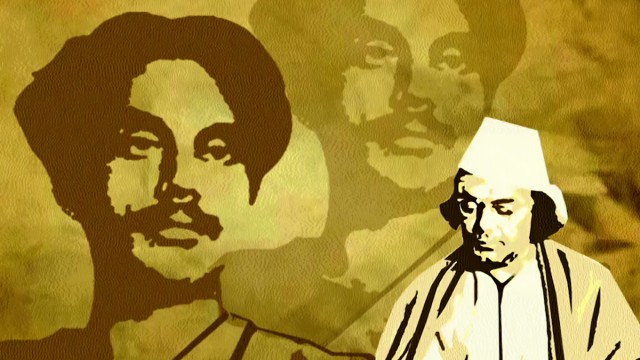

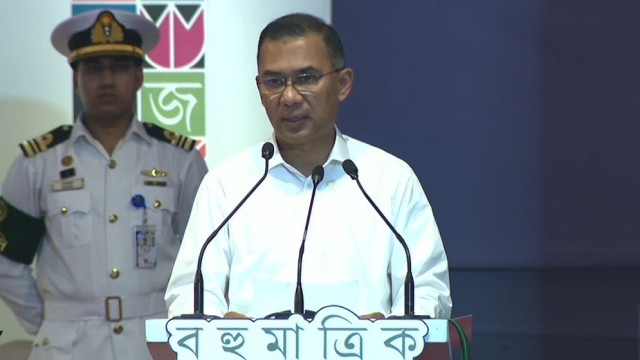

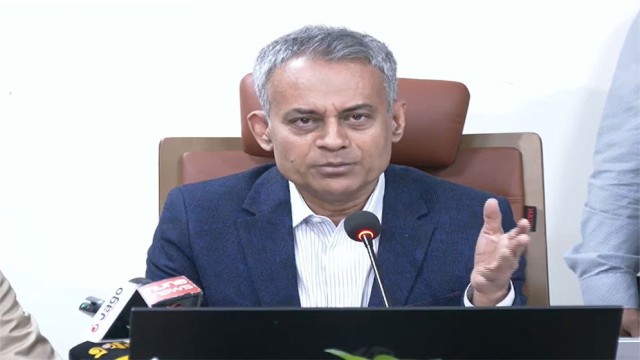
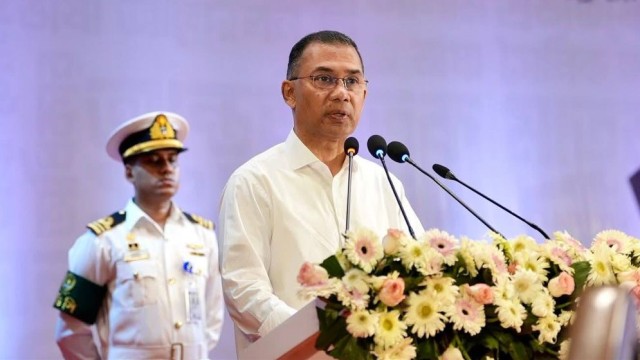




















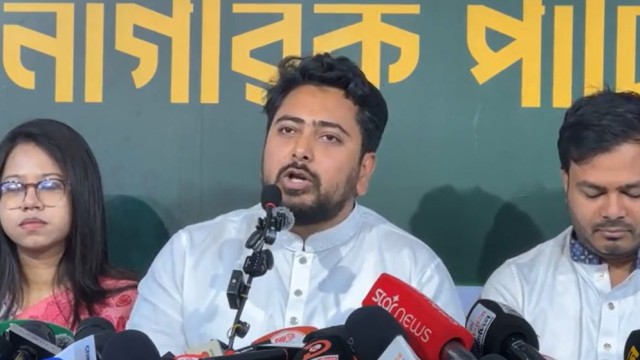

Comment: